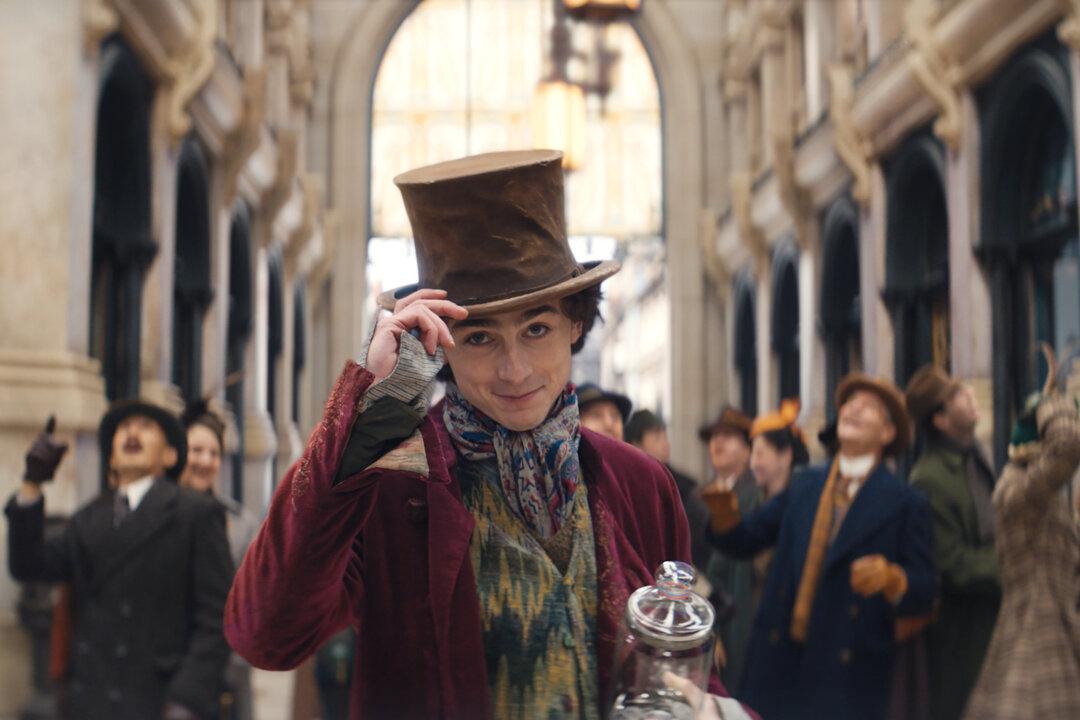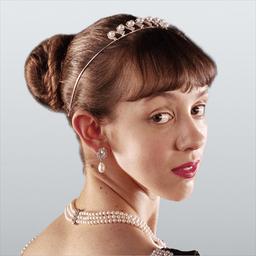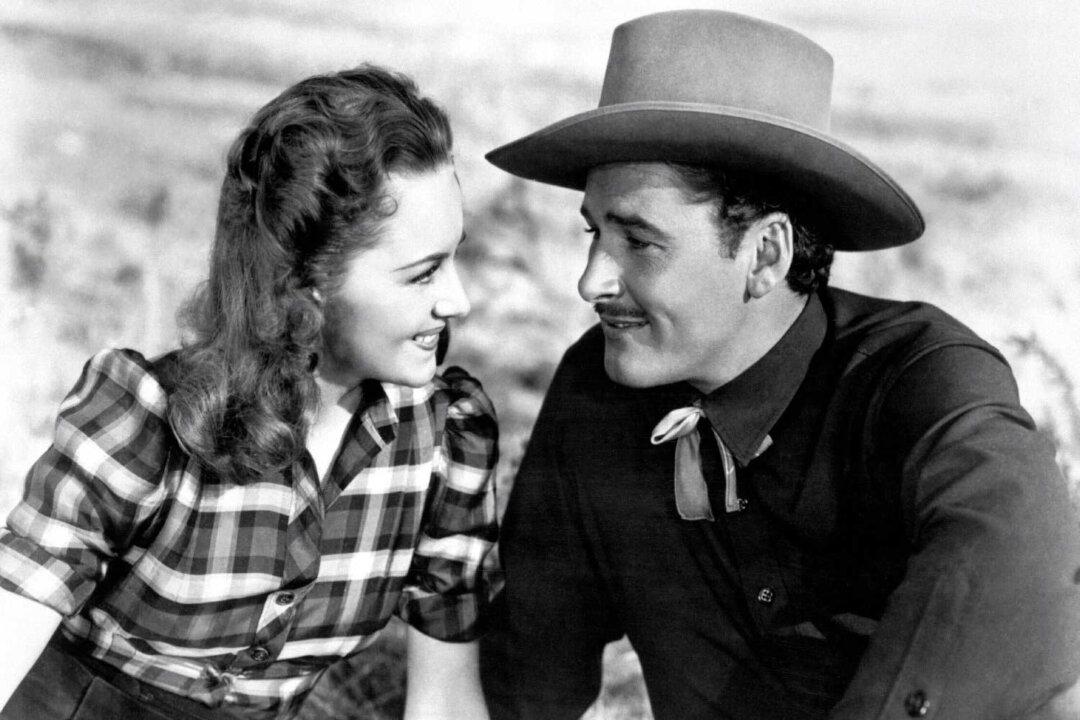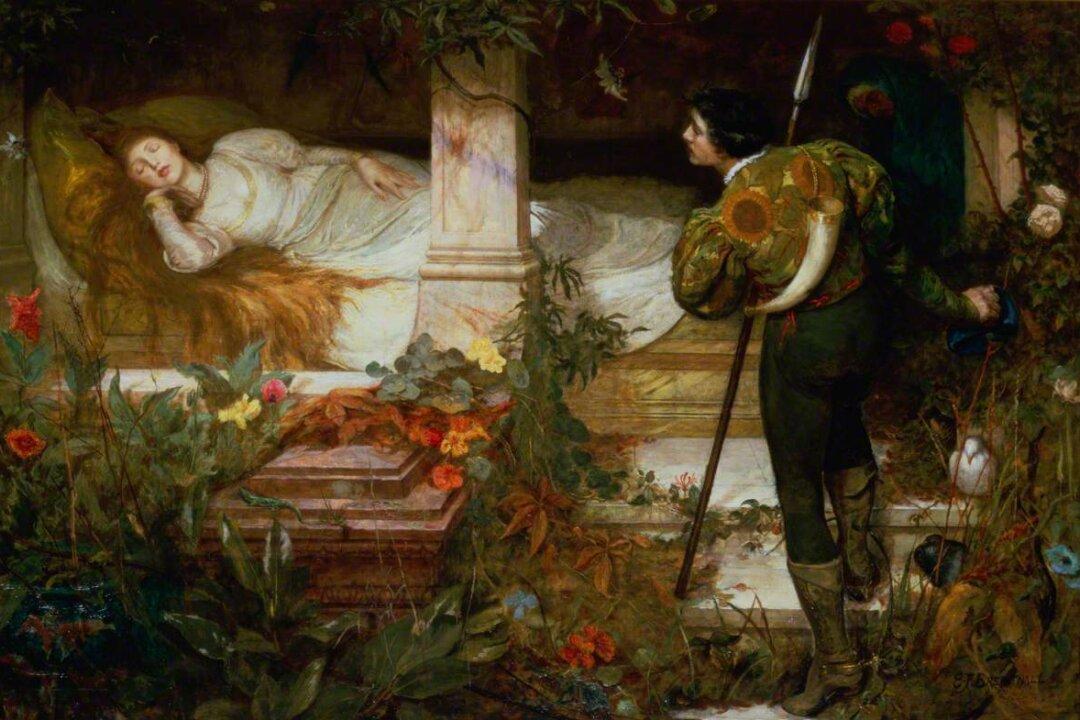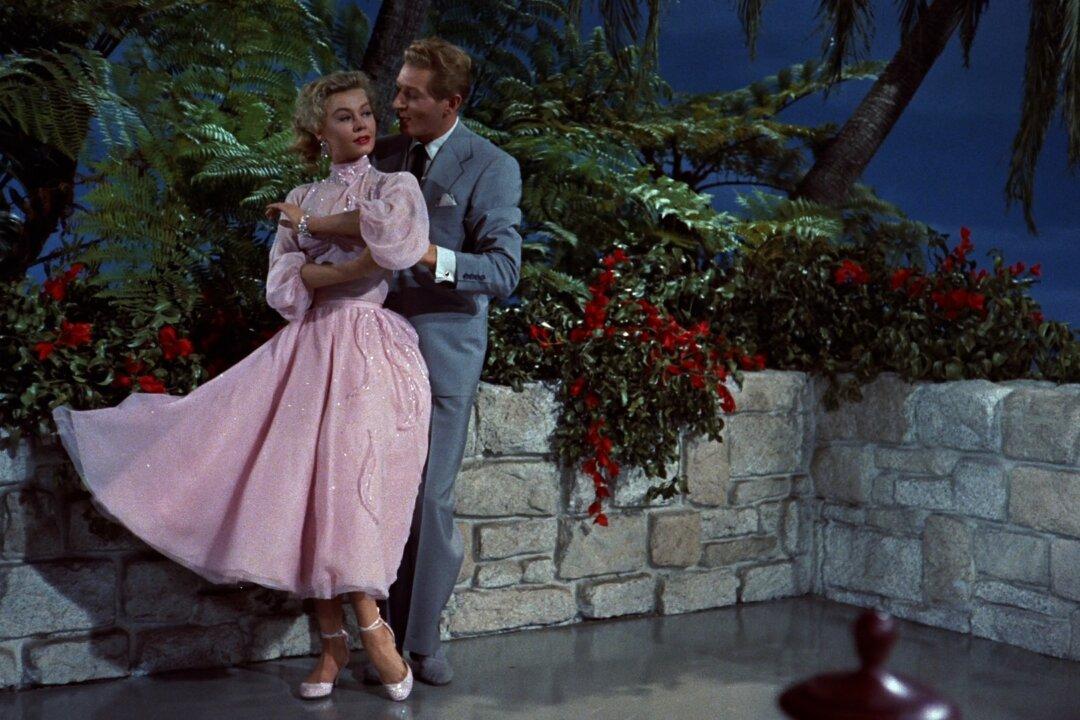Commentary
When my sister, Tiffany, and I first heard about the 2023 film “Wonka,” starring Timothée Chalamet, Calah Lane, and Keegan-Michael Key, we expected it to be a very dark, twisted backstory of the mildly sadistic candy man, with at least a PG-13 rating. However, we were surprised to see that it was actually a lighthearted PG “family” film, and a musical to boot. As boasted by the trailer, its producer was David Heyman, who is best known for producing the “Harry Potter” films. Although the fantastical feats of confection featured in this film did seem more infused with black magic than previous Wonka treats, I was pleasantly surprised by its warm, joyful nature.
